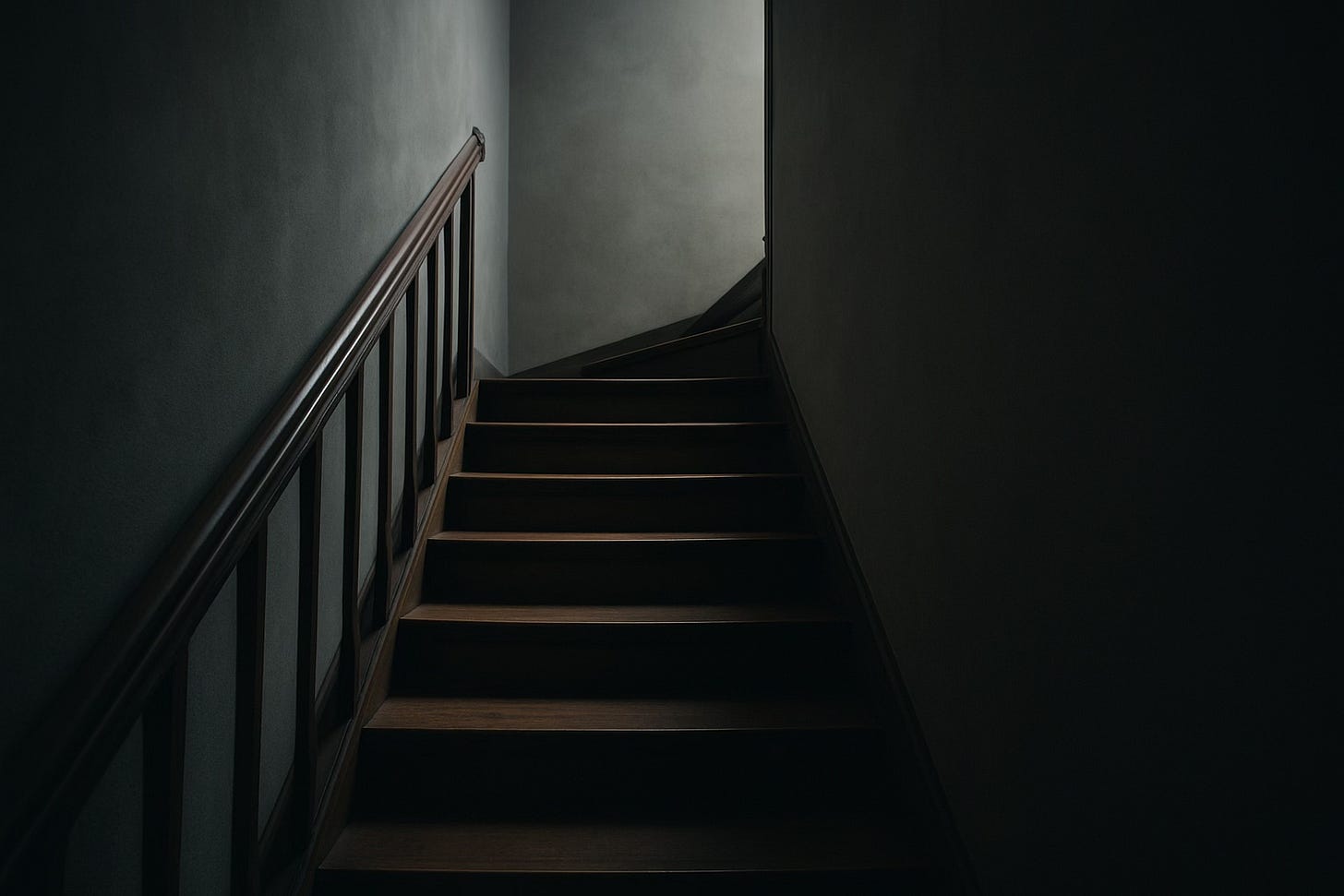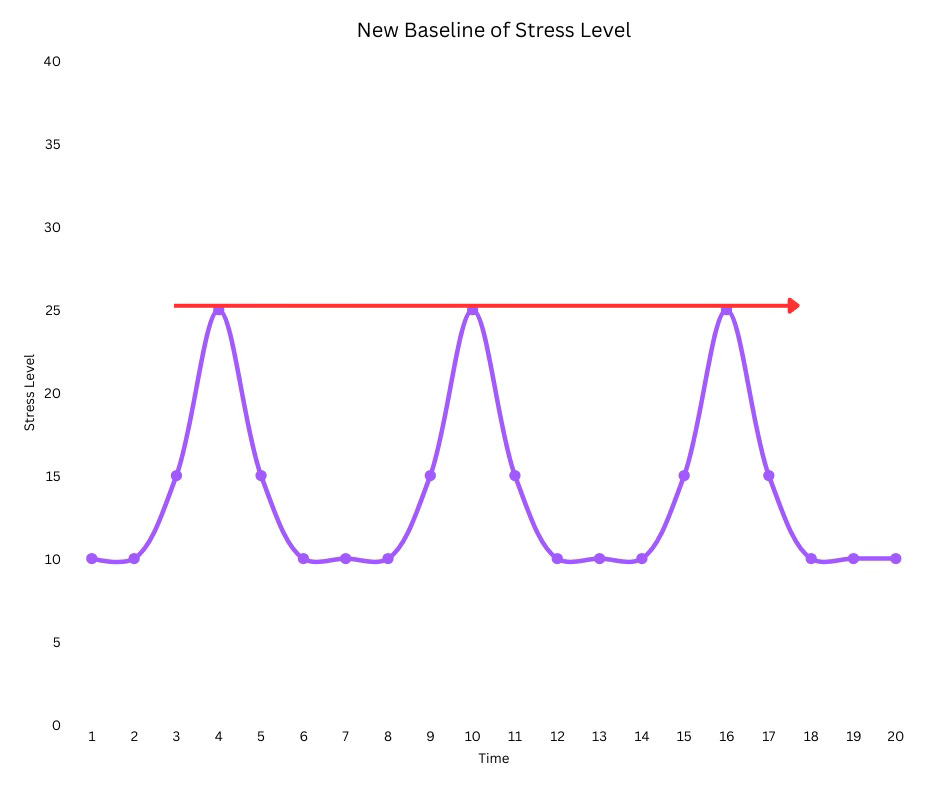Life with an Alcoholic Father
How Living with an Addicted Father Shaped Me
Same History, Different Paths
My father was an alcoholic. My mother refused to touch alcohol because her own father had been one.
Both had witnessed what drinking could destroy, yet they responded in entirely opposite ways. My mother avoided it completely and warned others of its dangers. My father followed his father’s path, using liquor to escape his pain.
Both of their fathers had died from the consequences of drinking.
In the small town where I grew up, almost every family had at least one alcoholic. It was rarely discussed, but everyone knew. My mother often pointed out who was drinking in other households, yet she seemed blind to my father, even when it was obvious.
She understood who he was before they married. At one point, she considered returning the engagement ring, but my grandmother told her that would bring shame. She stayed. In the end, they showed my brother and me what it truly meant to grow up with an alcoholic at home.
Childhood in the Shadow of Alcohol
I remember waking to my mother screaming at my father. It was a typical Sunday morning. My father had sobered up, and my mother was yelling at him for drinking again the day before.
Weekends were the hardest. My father did not work, and beyond his chores, he carried his demons with him and sought relief in alcohol.
On Saturday mornings, I would descend the stairs and hear his teeth chattering. His nervous system had been damaged by years of drinking. From the way he moved in the kitchen, I could tell he was drunk. His gestures were small and unstable, not full shaking, but constant shifts to maintain balance.
When he turned toward me, his face transformed. His eyes were glassy and his voice unnaturally high. He cleared his throat and said, "Good morning." He seemed cheerful, but the calm was only superficial. Smoking and drinking had put him on edge. He could not sit still.
On those days, he tried to act like a good father because he knew, deep down, he was not. I hated the super-friendly dad with bad jokes because he was a false mask. He made promises he never intended to keep. Vacations we never took and a Sega console I longed for but never received were among many disappointments. Each weekend ended in frustration.
Each broken promise taught me not to trust anyone.
When my mother came home, the day officially began with fights. My father provoked her with jealous questions. Why was she five minutes late? Who had she been with? He had no self-esteem and no sense of worth, and that fueled his anger.
The questions escalated until he erupted. He smashed glasses, slammed doors, and burned my mother’s new clothes so she could not appear attractive to other men.
I often sat on the stairs, watching them scream. Sometimes it became so intense I had to step between them, crying and begging them to stop. They never did.
There were years when life was particularly harsh. My father lost his job and drank nearly every day. Financial struggles compounded the chaos, making our world feel unbearable.
I always waited for bedtime, longing for the day to end.
Life Under Constant Tension
From as early as I can remember until I moved out, life felt like a constant struggle for survival. We learned to read my father’s moods and anticipate the days he would drink heavily. Even ordinary events, such as my mother attending a work function, could ignite his anger. From Monday to Friday, it would build quietly, only to erupt when he drank on Friday.
My mother and I would sit by the window, watching him return home. His gait revealed everything. If it looked bad, we rushed upstairs to study or watch a movie. The more innocent and composed we appeared, the less reason he had to lash out.
Yet sooner or later, he would confront us, furious, and my mother would break. Then came the yelling, the smashing, and the chaos. It became routine, a grim pattern etched into our lives.
Because of this, we never invited anyone over. I had friends at school, but there were no birthday parties. I lied, telling classmates that we celebrated at my grandparents’ house.
Even when I could host someone safely, tension never left me. I prayed he would not return early and drunk. If he did, I suggested we go cycling or play outside. I could not allow myself to be fully absorbed in play. Vigilance was always necessary.
We never kept alcohol in the house. Any bottle of cognac he received disappeared within a week. Restaurants or local events were impossible because the risk of humiliation was too high. Staying home was safer. To outsiders, we seemed normal.
But we were not.
Occasionally, there were sober days. Those rare moments offered a brief respite, a chance to breathe, and the fragile hope that perhaps life could be different.
Two Versions of My Father
On sober days, my father resembled an innocent rabbit. He felt terrible for his behavior the day before, and my mother never let him forget it. She screamed for hours, telling him she was suffering under his alcoholism and threatening to kill herself if he did not quit.
But he never stopped drinking. She never acted on her threats.
Sundays became my second day of stress each week.
On those days, he was quiet, attempting to make amends. He could be kind, helpful, and calm. For his hangover, he needed a beer, which my mother ironically always bought him.
Then the weekend returned, and he morphed back into the jealous, unpredictable man. By nine in the morning, he could already be drunk, angry, and ready to explode. He lied constantly. When asked if he had been drinking, he denied it, even when it was obvious.
I learned that alcoholic people are unreliable and that their thinking is clouded. Their singular focus is one more drink, and they will do almost anything to obtain it.
Quick favor: If this resonates with you, I’d be grateful if you subscribed to Running Home. I share more stories like this about growth, awareness, and the messy journey back to yourself. It’s free, and it helps me keep writing honestly. Thank you. — David
Inside an Addict’s Mind
My father planned his drinking with meticulous creativity. He gave most of his salary to my mother yet always kept a portion for himself.
On weekends, if he was not drunk early, he invented urgent tasks or appointments. In reality, he had no friends. He was simply going to the bar. He could down two spritzers in minutes, then return home claiming the person he intended to meet was not there.
When he had no money for alcohol, he drank his aftershave. It was that bad.
He sold cherished tools, like his power drill, or asked for credit at the bar. An addict always finds a way.
After many years, it became almost laughable that he still tried to lie.
If he received a bottle of rum as a gift, he would drink it quickly and refill it with water to avoid detection. Small bottles of vodka were consumed in the cellar while smoking. He would return upstairs more intoxicated than before, insisting he had not had a drop.
After eighteen years, I knew all his tricks and lies. By then, I no longer cared. I had finally moved out.
The Lasting Impact
Growing up with my father caused deep and lasting damage. His lies shaped me profoundly. The tension I endured is something I can never fully resolve. The stress was always too high and too constant for a child to develop inner calm.
I never learned to relax or play without monitoring what was happening at home. I always had to anticipate when to run or hide. Coping with my father, the constant stress, and our financial struggles forced me to grow up too quickly.
David Goggins writes in Can’t Hurt Me that when a child experiences chronic stress and we chart the peak stress moments, the line connecting those peaks becomes the new baseline. That was true for me. My baseline became constant anxiety.
Even today, I can relax, but one eye remains vigilant, scanning my surroundings for danger. I envied people who could sleep anywhere, in a car, bus, or airplane. They could simply sit and rest.
I never could.
My mind demanded alertness. No surprise that at a young age I turned to alcohol to calm myself. I relied on it for almost twenty-five years. I will write separately about my relationship with alcohol and why I finally quit.
Reflection
I have learned that the worse your relationship with yourself, the stronger alcohol’s negative impact will be. As a young adult with little self-worth, I felt jealousy keenly. Later, as I embarked on my personal development journey, alcohol’s effects changed. Its mental grip almost entirely vanished because I no longer carried suppressed emotions while sober.
Alcohol amplifies your inner world. My takeaway is that even if you continue drinking, you must remain aware of your mental state and address your inner struggles. Otherwise, alcohol can turn you into a tyrant and harm the people you love most.
Thanks for sticking with me through this one. If you’re going through something similar, or have your own experience with this, drop a comment. I read every one. — David
Read More:






